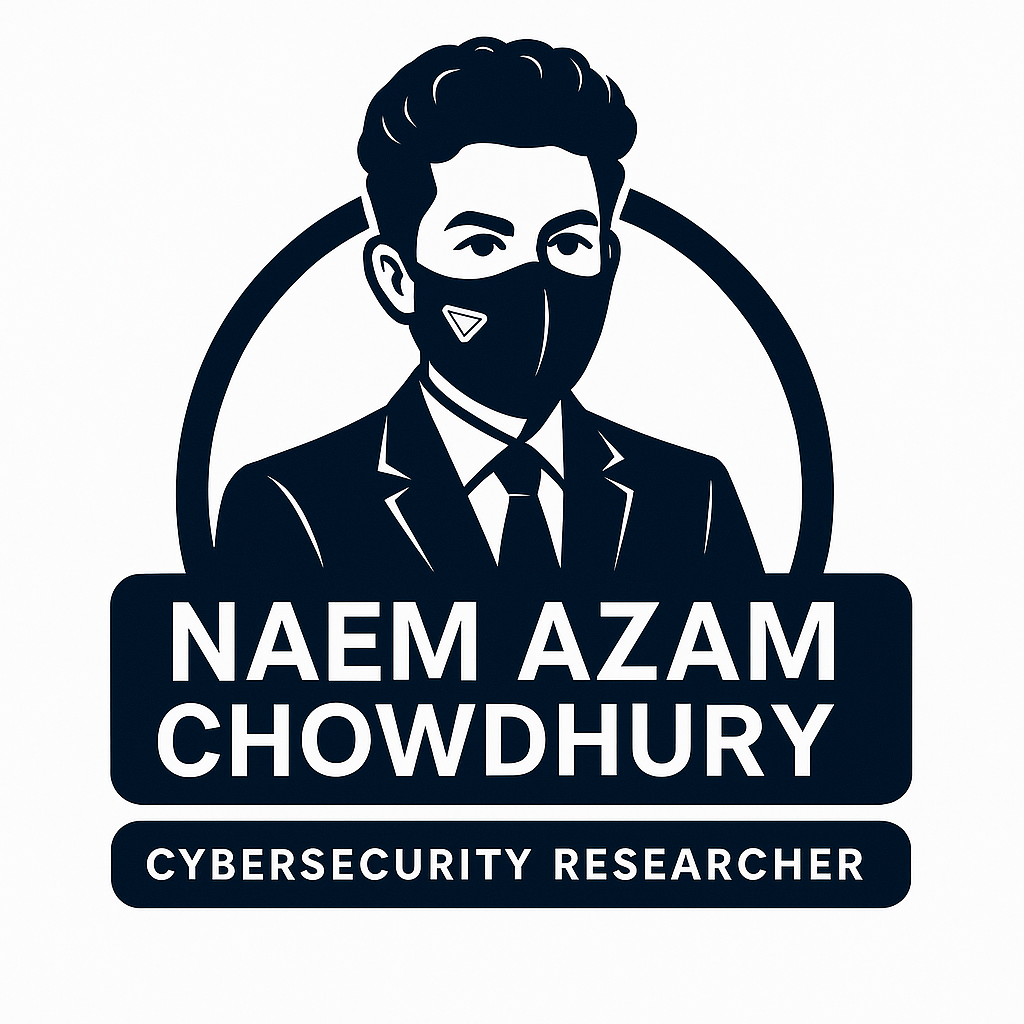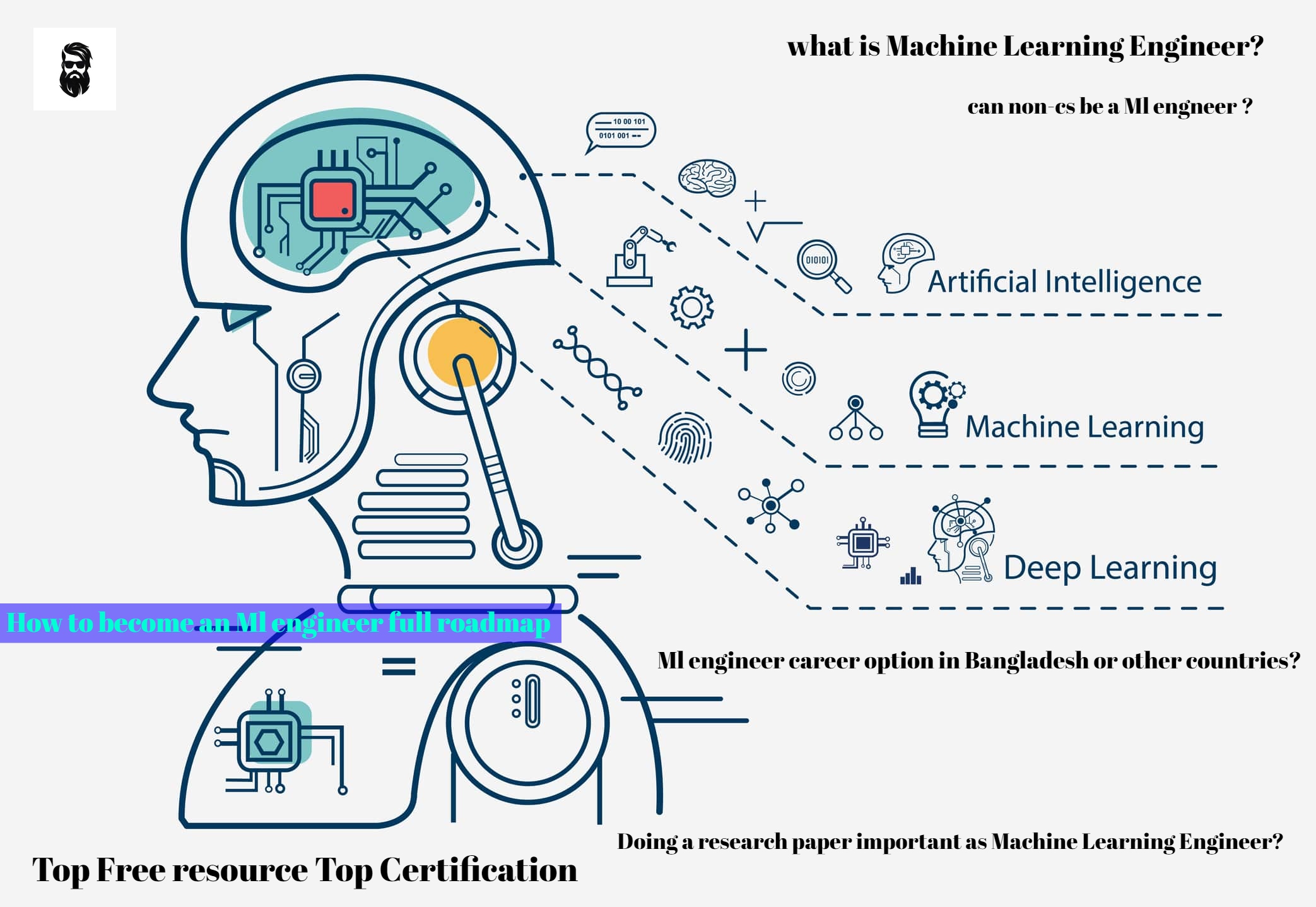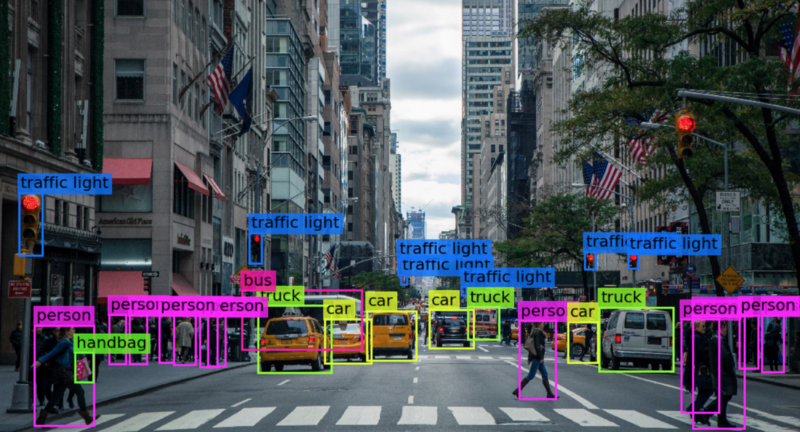How to become Cloud Engineer
A Cloud Engineer is a professional responsible for designing, building, maintaining and managing an organization's cloud computing infrastructure and ensuring its availability, scalability and security. They work with cloud technologies such as Amazon Web Services (AWS), Microsoft Azure, and Google Cloud Platform (GCP) to support the deployment and management of applications, data storage and management, network infrastructure, and security. They also evaluate and recommend cloud solutions, troubleshoot cloud-related issues and continuously monitor cloud systems to ensure optimal performance and security.
can a non-degree become Cloud Engineer?
Yes, it is possible for someone without a degree to become a Cloud Engineer. Cloud Engineering is a field that places a greater emphasis on skills and experience rather than formal education. To become a Cloud Engineer, you will need to acquire technical skills related to cloud computing, such as experience with cloud platforms like Amazon Web Services (AWS), Microsoft Azure, or Google Cloud Platform (GCP). You can obtain these skills through self-study, online courses, boot camps, certifications, or practical work experience. It is important to have a strong foundation in computer science, networking, and programming to succeed in this field. Additionally, having a portfolio of cloud-based projects or experience working with cloud platforms can demonstrate your skills and help you land a job as a Cloud Engineer.
do we need programming knowledge for Cloud Engineer?
Yes, having programming knowledge is essential for a Cloud Engineer. Cloud infrastructure is typically managed using code, and programming skills are essential for building and deploying cloud resources. Here are some programming skills that can be helpful for a Cloud Engineer:
Scripting Languages: Scripting languages, such as Python, Bash, or PowerShell, are commonly used for automating tasks, managing resources, and deploying cloud infrastructure.
Infrastructure as Code (IaC): IaC tools, such as Terraform or Ansible, use programming languages to define infrastructure resources and configuration management.
is Cloud Engineer a good career option?
Yes, Cloud Engineering is a promising career option with a high demand for skilled professionals. Cloud computing is rapidly growing, and more and more organizations are moving their applications and infrastructure to the cloud, which is driving the demand for Cloud Engineers. According to various sources, the job outlook for Cloud Engineers is excellent, with projected growth rates ranging from 10-25% over the next decade. In addition to high demand, Cloud Engineers typically earn a competitive salary, and the compensation can vary depending on the level of expertise and experience.
As a Cloud Engineer, you will work with cutting-edge technologies and help organizations leverage the power of the cloud to improve their business operations. Additionally, there is room for growth in this field, and as you gain experience and skills, you can advance to higher-level roles such as Cloud Architect, Cloud Security Engineer, or Cloud DevOps Engineer. Overall, Cloud Engineering is an exciting and rewarding career option with many opportunities for growth and advancement.
what we have to learn to become Cloud Engineer
To become a Cloud Engineer, you need to have a good understanding of cloud computing and related technologies. Here are some of the key skills and knowledge areas you should focus on:
- Cloud Platforms: You need to be proficient in at least one of the leading cloud platforms such as Amazon Web Services (AWS), Microsoft Azure, or Google Cloud Platform (GCP).
- Virtualization: Cloud computing heavily relies on virtualization technologies like VMs and containers, so you should have a solid understanding of virtualization concepts and tools.
- Networking: You need to understand basic networking concepts and be familiar with network protocols and services like TCP/IP, DNS, VPNs, and load balancing.
- Security: Cloud security is critical, so you need to know how to secure cloud resources, manage access control, implement encryption, and use security tools and services.
- Automation and scripting: You should know how to use automation tools, such as Ansible or Terraform, to deploy and manage cloud resources. Additionally, proficiency in scripting languages, such as Python or Bash, is helpful for automating tasks and writing infrastructure as code.
- DevOps practices: Understanding DevOps practices, such as Continuous Integration/Continuous Delivery (CI/CD), is essential for building scalable and resilient cloud infrastructures.
- Soft Skills: As a Cloud Engineer, you need to work in a team, communicate with clients and colleagues, and have strong problem-solving skills.
You can learn these skills through online courses, boot camps, certifications, and practical experience. It is also essential to stay up-to-date with the latest cloud technologies and trends by following industry news, attending conferences, and participating in online communities.
step-by-step professional roadmap becomes Cloud Engineer
Here is a step-by-step professional roadmap to becoming a Cloud Engineer:
- Develop foundational skills: Start by learning the basics of computer science, networking, operating systems, and programming. Take courses or tutorials in languages such as Python or Bash.
- Learn Cloud Computing Concepts: Gain a basic understanding of cloud computing concepts, such as virtualization, storage, and networking.
- Choose a Cloud Platform: Choose one of the leading cloud platforms such as Amazon Web Services (AWS), Microsoft Azure, or Google Cloud Platform (GCP). Start with the free tier, which is an excellent way to get hands-on experience with the cloud platform.
- Learn Cloud Services: Start learning the various cloud services such as computing, storage, database, security, and analytics.
- Get Certified: Achieving cloud computing certifications, such as AWS Certified Solutions Architect, Microsoft Certified: Azure Solutions Architect, or Google Cloud Certified - Professional Cloud Architects can demonstrate your skills and knowledge to employers.
- Work on Projects: Work on cloud-based projects that showcase your expertise and abilities. Participate in hackathons or online communities to network with other Cloud Engineers and learn new techniques.
- Gain Practical Experience: Look for opportunities to work on real-world cloud projects, either as an intern, or junior engineer or by working on personal projects that demonstrate your expertise.
- Specialize: After gaining practical experience, specialize in a specific area such as cloud security, cloud automation, or cloud architecture.
- Keep Learning: The cloud is continually evolving, so it is essential to stay up-to-date with the latest technologies, tools, and services. Attend conferences, take online courses, or join online communities to keep learning and growing as a Cloud Engineer.
By following these steps, you can develop the skills and knowledge required to become a successful Cloud Engineer.
Certificates for Cloud Engineer
There are many cloud computing certifications available that can help you develop the skills and knowledge needed to become a Cloud Engineer. Here are some of the most popular cloud computing certifications:
- AWS Certified Solutions Architect: This certification validates your skills in designing and deploying scalable and reliable AWS-based applications.
- Microsoft Certified: Azure Solutions Architect: This certification validates your skills in designing and implementing solutions that run on Microsoft Azure.
- Google Cloud Certified - Professional Cloud Architect: This certification validates your skills in designing, developing, and managing solutions using Google Cloud technologies.
- CompTIA Cloud+ Certification: This certification validates your skills in cloud technologies, cloud architecture, security, and deployment.
- Certified Cloud Security Professional (CCSP): This certification validates your knowledge and expertise in cloud security.
- Cisco Certified Network Associate (CCNA) Cloud: This certification validates your skills in cloud infrastructure, cloud networking, and cloud storage.
- Red Hat Certified System Administrator in Red Hat OpenStack: This certification validates your skills in building and managing OpenStack-based cloud environments.
- Obtaining a cloud certification can demonstrate your proficiency and dedication to the field and can improve your chances of getting hired as a Cloud Engineer.
- Application Development: Knowledge of application development, including programming languages such as Java or .NET, can be useful for building cloud-based applications and services.
- Cloud-Specific Tools: Cloud-specific tools, such as AWS Lambda or Azure Functions, use programming languages to create serverless applications and services.
- Data Science and Analytics: Programming languages, such as R or Python, are commonly used in data science and analytics to analyze and process data stored in the cloud.
While it is not necessary to be an expert programmer, having a basic understanding of programming concepts and knowing how to write and read code is an essential skill for a Cloud Engineer.
A free resource for becoming Cloud Engineer
There are many free resources available online that can help you develop the skills and knowledge needed to become a Cloud Engineer. Here are some of the best free resources:
- Cloud Service Providers Documentation and Training: The leading cloud providers, including AWS, Azure, and Google Cloud, offer extensive documentation and training materials to help you learn about their cloud services and how to use them.
- YouTube: YouTube is a great resource for finding video tutorials, webinars, and conferences related to cloud computing. Many technology companies, instructors, and cloud professionals post helpful content.
- Open Source Tools: Open-source tools, such as Kubernetes, Docker, and Apache Spark, have extensive documentation, forums, and communities to help you learn how to use them in the cloud.
- Online Courses: Massive open online courses (MOOCs), such as Coursera, edX, and Udacity, offer many free courses related to cloud computing. Some of these courses include videos, quizzes, and hands-on projects.
- Cloud User Groups and Meetups: Many cloud user groups and meetups offer free training and education on cloud computing topics. These groups can also provide networking opportunities with other cloud professionals.
- GitHub: GitHub is a great resource for finding cloud-related projects, scripts, and open-source tools. Many developers contribute their code, and you can learn a lot by reviewing it.
By utilizing these free resources, you can learn about cloud computing, gain hands-on experience, and develop the skills needed to become a Cloud Engineer.









